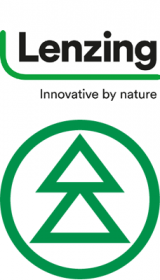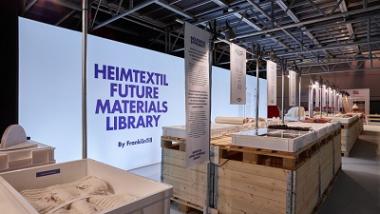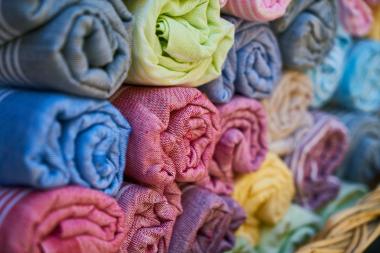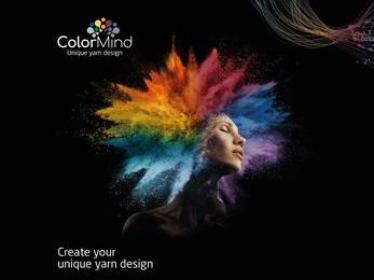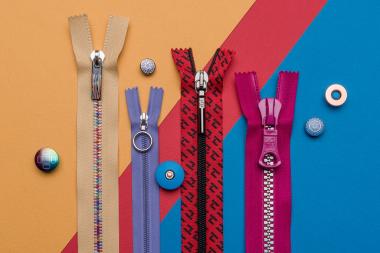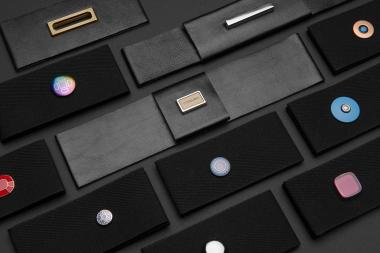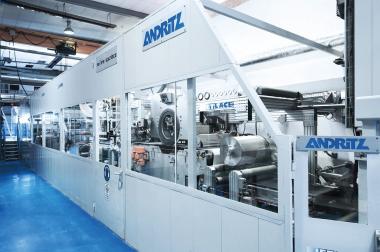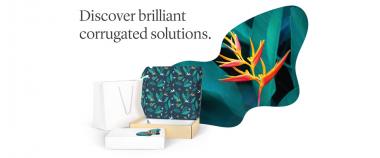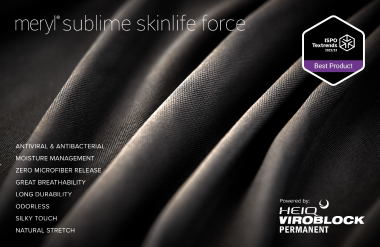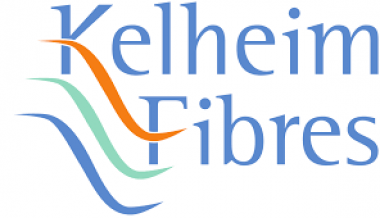Iluna Group brings to Milano Unica a new generation of responsible quality
Iluna Group comes back to Milano Unica with a great and important goal: to relaunch the qualities and dimensions of sustainability by going beyond the ingredient.
Iluna’s new path, which was born in a moment when the market seems to speak about “fragility”, begins with the investment in the renewal of machines, which allow it to fly ever higher in terms of high-tech developments, quality, definition, effects of yarns and patterns. The journey into the new dimension of responsible quality continues with ad hoc developments in the field of GRS (Global Recycled Standard) certified recycled yarns, aimed at unprecedented effects both in look, in performance and in the hands of fabrics. Including cord yarn, shiny threads and an expansion of the range of GRS yarns, previously available only opaque. The cord yarn is a precious yarn with a ROICA™ EF premium stretch yarn core, GRS certified and developed with 50% of pre-consumer waste materials content - double, covered with an equally recycled shiny thread; the bright and translucent is instead to add brilliant effects so far not possible with a GRS yarn.
The printing processes are also born from this constant search for innovation towards new materials and new techniques, becoming more and more sustainable: Global Recycle Standard (GRS)-certified sublimation printing and register printing carrying Global Organic Textile Standard (GOTS) certification. This one overlap exactly on the design and color the details, reaching where the dye cannot reach.
Diversification has become essential in today’s competitive market and the fragility of the moments experienced in 2020 was the stimulus to return to being here again, to return to action. Flexibility is the watchword today, along with research. And Iluna has managed to go further: starting from the ingredients at the base of the materials, last year launched a collection with natural dyes made with GOTS certified plant-based dyes, up to proposing magnificent prints with extraordinary effects for this edition of the Milanese fair.
The three dimensions of sustainability, design and innovation are thus finally linked thanks to valuable partnerships with expert and excellent reference companies that have allowed these new developments and these unique results thanks to advanced technologies designed specifically for Iluna, which is today the only company to offer ingredients, natural colors and prints, all three strictly certified.
ILUNA Group Milano Unica Sustainability textile printing dyes and specialty chemicals cords yarn
ILUNA Group / GB Network













